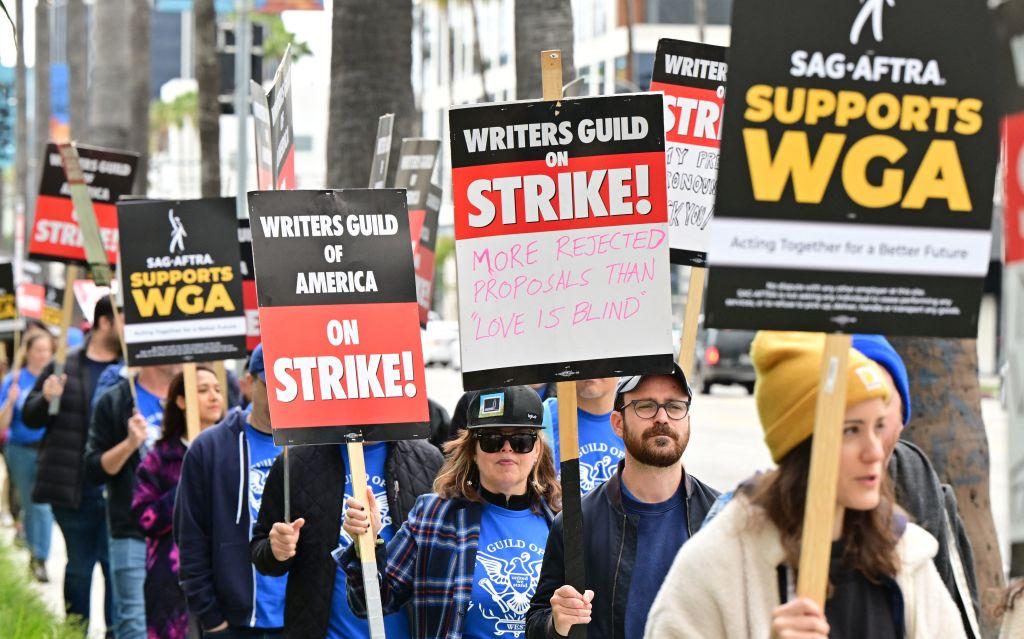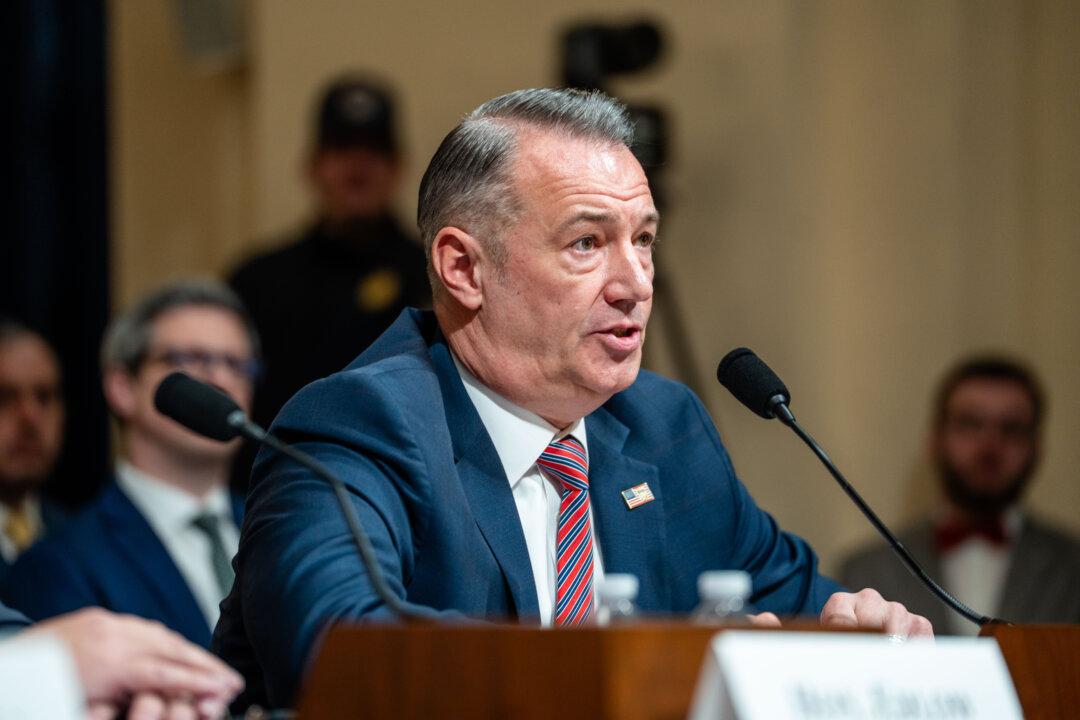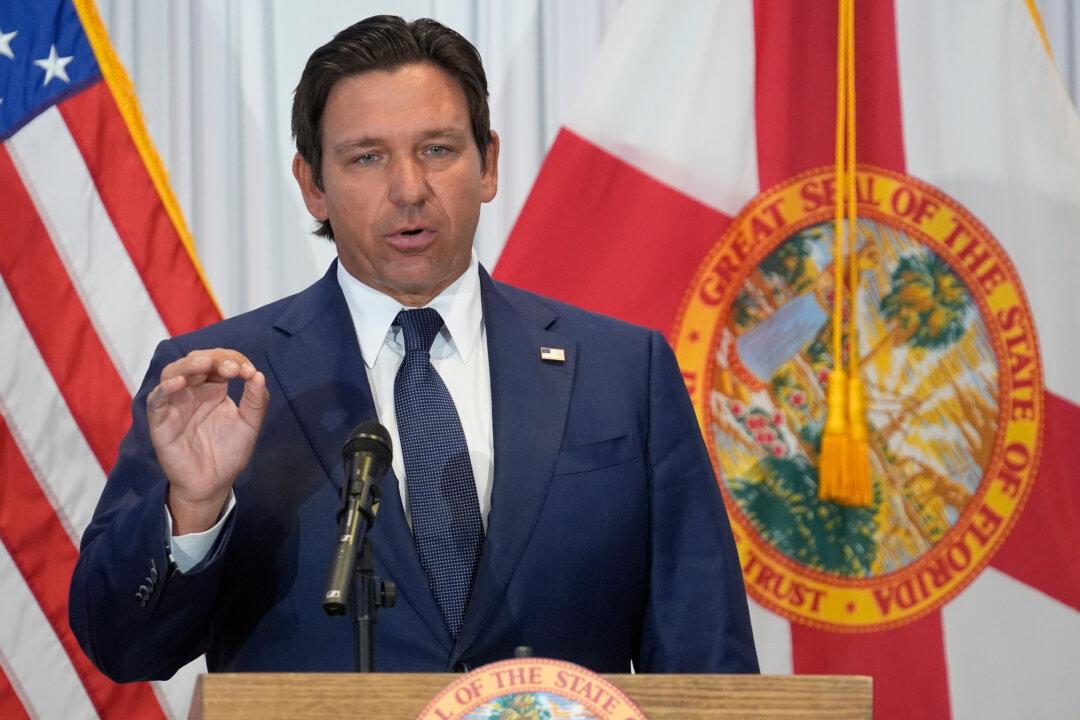Major movie studios, streaming services, and production companies face the threat of another strike this month after Hollywood actors—represented by the Screen Actors Guild-American Federation of Television and Radio Artists (SAG-AFTRA)—authorized a strike on June 5.
As the writers’ union strike entered its sixth week, the actors’ union promised to walk out if negotiations with the Alliance of Motion Picture and Television Producers (AMPTP) fall through by the end of the month.





